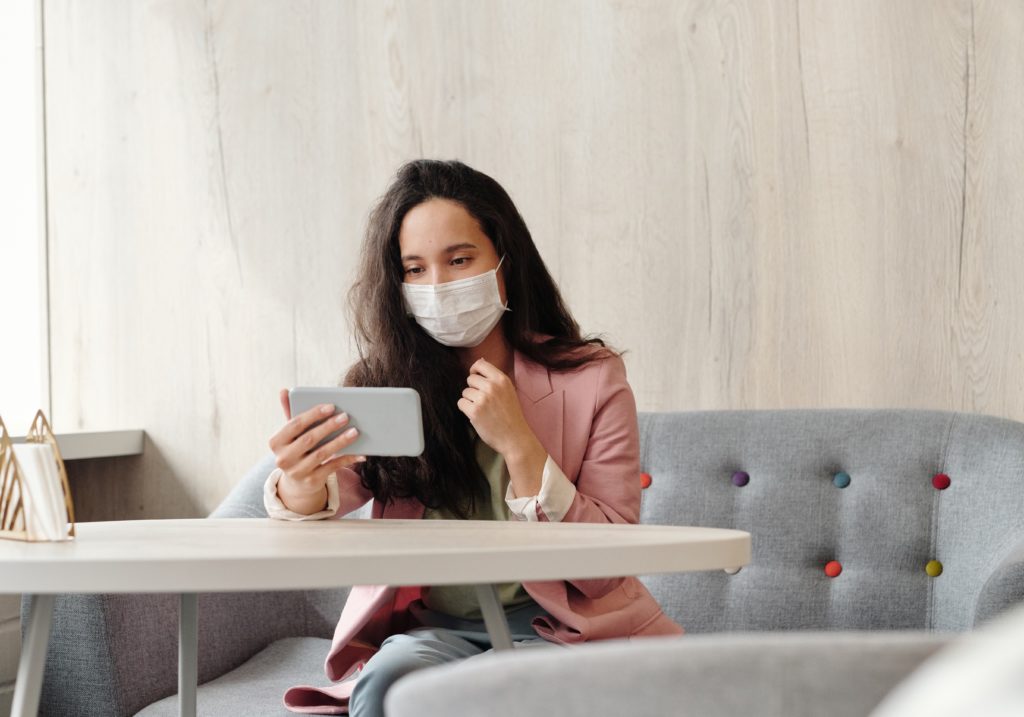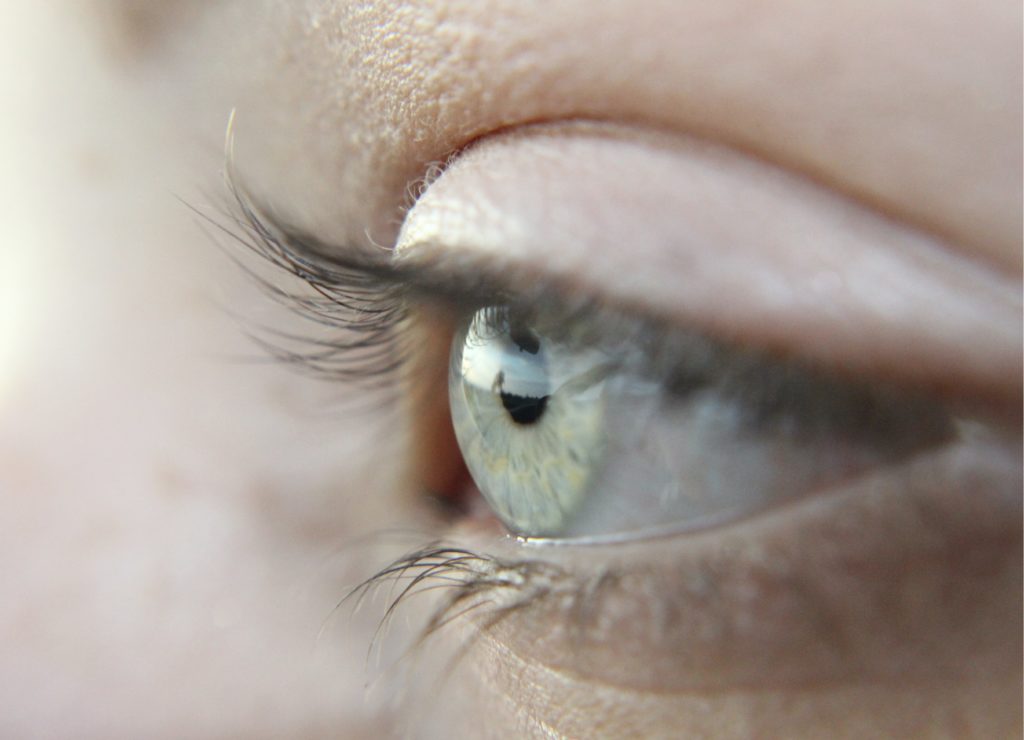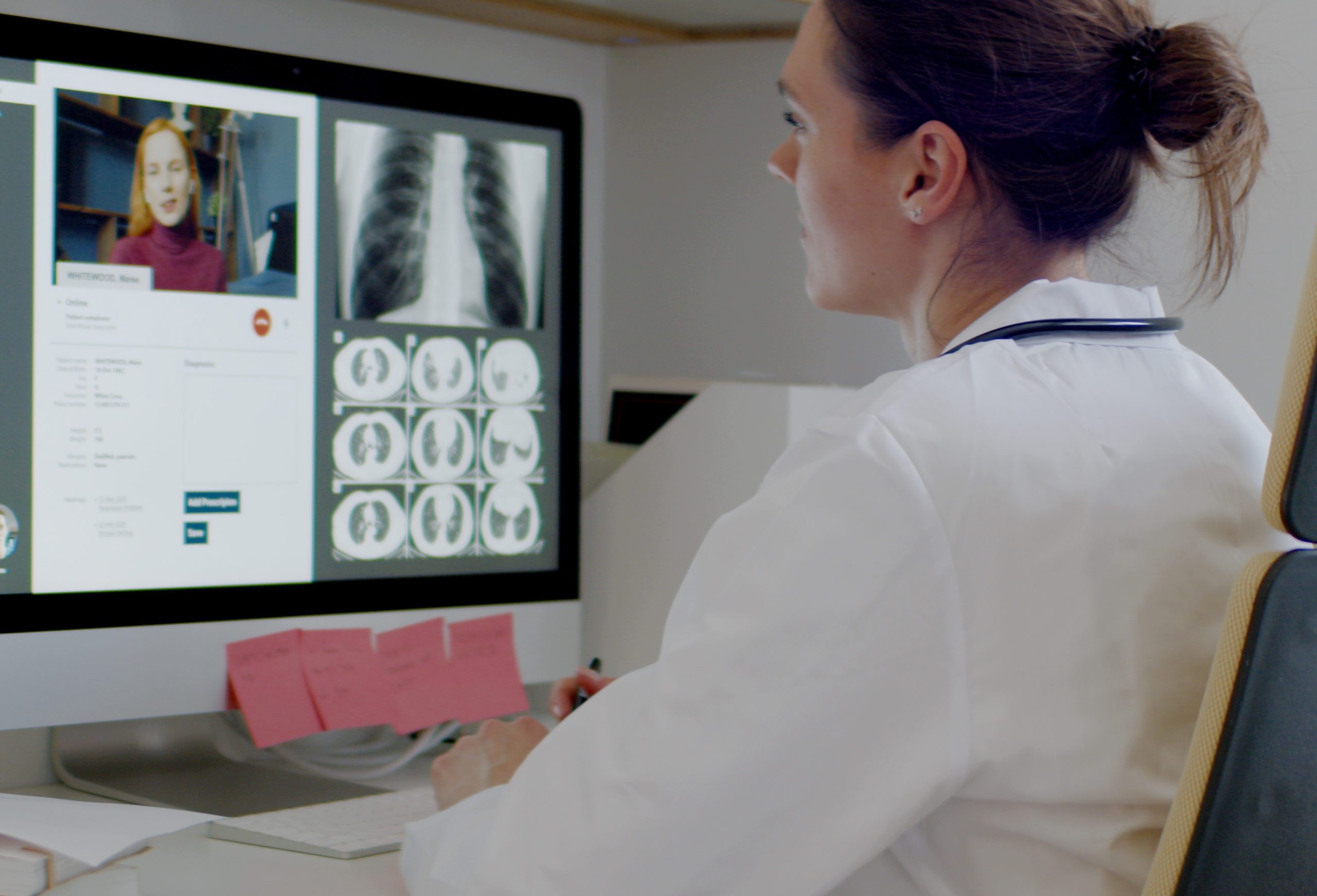Medicare Reimbursement for Telehealth Likely to Become Permanent (The MedTech Download)

Key Takeaways
- Telehealth has become a necessity during the pandemic. As such, it was temporarily approved for Medicare reimbursement given the crisis. But legislators are signaling that the benefits of telemedicine extend beyond COVID and are pushing to make reimbursement permanent.
- Smith+Nephew along with digital health company Huma have launched a remote patient monitoring platform that preps patients for orthopaedic surgery.
- The FDA is taking action against companies that are issuing fake FDA “registration certificates” that imply their medical device products have been reviewed, approved, cleared, or authorized by the agency.
Backing for Telehealth Medicare Reimbursement Gains Steam in Congress

Back in early 2020, COVID-19 cases were on the rise. Providers and hospital systems were quick to recognize that telehealth was one of the best tools in their arsenal. Many virtual care platforms had before experienced a slow rate of adoption, but the pandemic changed stakeholder demand. Through telehealth, providers could continue to see patients safely, and while it was not a silver bullet for every health-related need, it increased access to healthcare when people were staying home. So citing the immediate need, the Trump administration temporarily authorized traditionally fee-for-service Medicare to reimburse for telehealth.
But the reality is, telehealth wasn’t only showing value to those sheltering in place. Providers and health systems realized that it was expanding healthcare access to people across the board, including in remote areas. In one example, GE opened the first virtual ICU that connected rural hospitals with specialists, increasing their capabilities for treatment. As a result of the resounding success of telehealth, there is a bipartisan call in Congress to make Medicare reimbursement for telehealth permanent.
Medtech and Digital Health Firms Launch Patient Monitoring App for Orthopaedic Surgery

During the pandemic, digital health became a critical resource for providers and patients alike. While telehealth allows continued access to office visits, the grand expanse of digital health allows remote patient monitoring in many capacities. From remote cardiac monitoring to increased point-of-care solutions, 2020 ushered in a new era of digital medicine.
There have been challenges in using digital health for some more serious health conditions and needs. But, as Smith+Nephew and Huma have shown, digital health can be valuable even for surgery. Surgery has been hard hit by the pandemic, so the need for out-of-the-box thinking is critical in getting patients back into the operating room. The companies recently announced a new app that allows orthopaedic surgeons to prepare patients for their operation via remote monitoring. As the article points out, “previous work has shown the positive impact that better preparation can have on patients, such as reducing recovery time,” further strengthening the impact of this type of pre-procedure digital intervention.
FDA Clamps Down on Bogus Device ‘Registration Certificates’ Amid Rising Use During Pandemic

Exactly one year ago, the world changed before our very eyes, as Anthony Fauci spoke during a congressional hearing indicating that the coronavirus was going to get much worse before it got better. And even Fauci, who is widely seen as the nation’s top expert on infectious diseases, didn’t know how bad it would actually become. Due to the severity of the pandemic, the immediate need was for personal protective equipment and respirators – tools to fight the virus in real time. Next, the FDA saw that emergency measures were necessary, as it quickly began to review and give emergency authorization to COVID-19 tests and, finally, vaccines.
But, amongst the flutter of positive progress in response to COVID, there were those that sought to capitalize on society’s need for medical and technological supplies. In fact, according to MedTech Dive, recently the FDA “sent letters telling 25 companies to stop producing “registration certificates” to falsely create the impression the agency has reviewed, approved, cleared, or authorized medical device products. As the FDA reiterated, the agency does not issue certificates and these fraudulent documents – in some cases featuring the FDA logo – are produced to mislead the public.
Gold Nanoparticles Inside Contact Lenses Correct Color Blindness

For most people, the world is a tapestry, complete with an array of color so vast that we are challenged to give each shade, tone, and hue its own name. Have you ever heard of sarcoline, coquelicot, or smaragdine (my personal favorite)? Didn’t think so. But for approximately 1 in 12 men (8%) and 1 in 200 women in the world who are experiencing color blindness, this world of wonder is unavailable. And while there are glasses available that can help, they are bulky and challenging to use in everyday life.
But researchers in the United Arab Emirates announced that they have developed contact lenses that give people experiencing red-green color blindness an option that is more easily adoptable. Even better, as the article explains, “Containing gold nanoparticles, the lenses help to increase red-green contrast in wearers while also functioning as corrective lenses.”
Stay up-to-date on everything that matters to MedTech entrepreneurs and executives. Subscribe below to receive industry insights, MedTech resources, and more delivered directly to your inbox.
The medtech news you want – and use – delivered. Subscribe below.




